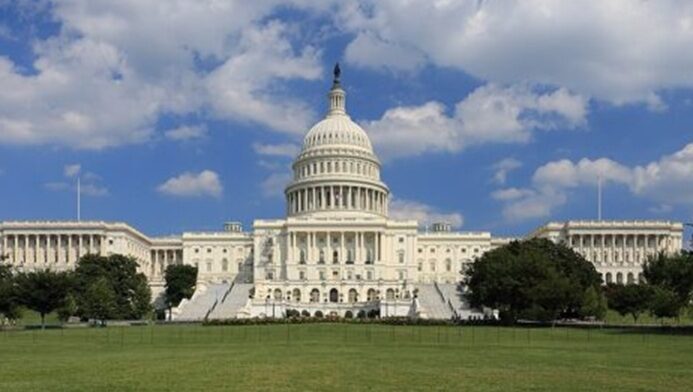Democratic Party leadership in Massachusetts’ House of Representatives has again shown that it will water down any attempts that are made in the General Court to take bold action on renewable energy or climate change.
Last Friday, a source deeply involved in energy matters in Massachusetts informed pv magazine to expect a bill to come out of the conference committee, but for it to not contain many of the elements that were in the wide-ranging and ambitious energy bill that came out of the Senate earlier this month.
This source was correct, and last night the conference committee formed to reconcile the House and Senate energy bills produced H.4857, An Act to advance clean energy.
While presented as a compromise between the House and Senate bills, the bill is more an amalgam of the House bills. H.4857 would increase the state’s renewable portfolio standard (RPS) to 2% each year from 2020 to 2030, resulting in a requirement to procure 35% Class 1 resources (new renewables), plus the 5.5% existing renewables and waste-to-energy in the existing RPS, for a total renewable energy requirement of 40.5% by 2030. From there it would revert to 1% annually.
This means that it technically is a 100% renewable energy mandate, but only by 2090, which would make it by far the least ambitious 100% renewable energy mandate known to pv magazine.
The bill also sets a “clean peak” standard, which means additional credits would be given to “clean” resources that meet peak demand. Additionally, H.4857 would authorize the procurement of 1,000 megawatt-hours of energy storage and 1,600 MW of offshore wind, as well as expanding energy efficiency programs.
The bill does nothing to address the net metering caps which are already being reached in several utility service areas, and which have been a prime concern for solar advocates.
Massachusetts Sierra Club issued a damning statement on the bill. “With this bill the Massachusetts legislature took baby steps on clean energy legislation when what is needed are giant strides,” said Emily Norton, Massachusetts chapter director of the Sierra Club. “The world needs Massachusetts to be leading the transition to a clean energy economy, and instead we are offering half measures and timidity.”
“We had an opportunity to be bold and grow jobs, improve public health, stabilize energy costs and reduce the fossil fuel pollution that is warming the planet, and instead Beacon Hill has sided with the status quo of fossil fuel and utility companies, over the innovation clean energy and high tech economies.”
Utility wish list
However, according to Sunrun the bill will essentially overturn the demand charge that Eversource has imposed on its residential customers, by clarifying language around what sorts of demand charges are permissible.
“This is a very clear and strong rejection of the Eversource’s MMRC and non-coincident demand charges in general,” stated Evan Dube, senior policy director at Sunrun. However, Dube does note that the bill “leaves the door open” for other kinds of demand charges.
As the bill does not address net metering caps and puts only partial limitations on demand charges, it essentially represents the sort of bill that utilities would write if they were attempting to imitate a clean energy bill but still stifle distributed solar in the state. There is also the question of how Massachusetts will meet its renewable portfolio standard targets without small-scale solar deployment, given the failure of the state to deploy meaningful amounts of wind and the lack of available contiguous plots of land for large-scale solar development.
As today is the last day of the legislative session, members of the House and Senate will have little opportunity to amend this bill, and will be forced to either pass it or let it die. This appears to be largely the work of House leadership under Speaker Robert DeLeo (D-Winthrop), and a similar tactic was used in the latest legislative session in Rhode Island where House leadership delayed votes until the last minute, allowing the speaker of the House to exercise tight control over what came to a vote, resulting in the derailing of multiple significant environmental bills.
“I fully expect there will be electoral implications from what we have seen here today,” stated the Sierra Clubs’s Norton. For the sake of Massachusetts’ solar industry, we can only hope so.
Correction: This bill was modified at 1:35 PM EST on July 31. An earlier version of the bill stated that the bill contained language enabling demand charges, however upon speaking to Sunrun after the article was published we discovered that there are partial restrictions on demand charges, so the article was updated to include this nuance and to feature Sunrun’s commentary.
This content is protected by copyright and may not be reused. If you want to cooperate with us and would like to reuse some of our content, please contact: editors@pv-magazine.com.









It’s extremely disappointing to learn that a Democrat is responsible for such a disappointing energy bill. Every elected official needs to be held responsible for not doing their part for implementing a meaningful policy for solar energy. Voters must remember and replace those candidates!